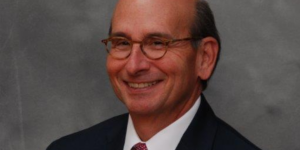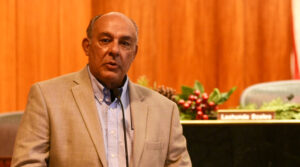ALGOP ‘takes the show on the road’, hosts 2022 Primary Qualifying Day in Montgomery
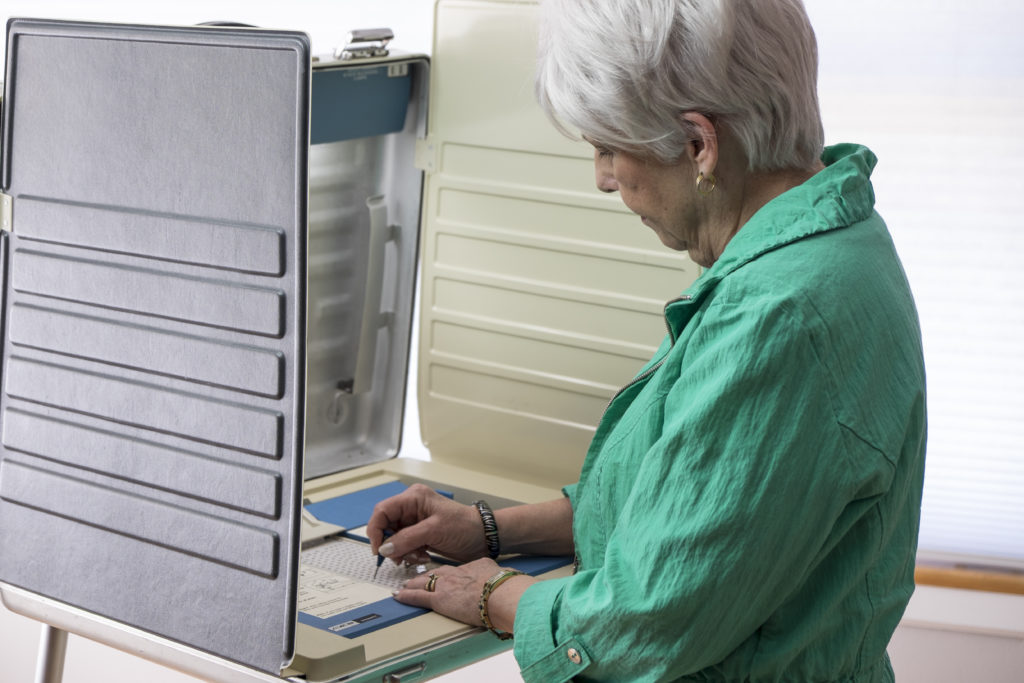
The Alabama Republican Party announced they will host an in-person qualifying day in Montgomery for the 2022 ALGOP Primary. The event will take place on Wednesday, January 12, 2021, from 10 a.m. to 3 p.m. on the 5th floor conference room of RSA Plaza. The address is 770 Washington Avenue, in Montgomery. The qualifying period for the 2022 ALGOP Primary opened on Tuesday, January 4, 2022, at 8:30 a.m. and will run until Friday, January 28, 2022, at 5:00 p.m. Alabama Republican Chairman John Wahl stated, “We’re excited to take ‘the show on the road’, so to speak, and offer an alternate option to qualify in-person in our state capital. We realize it isn’t always convenient for candidates to make the drive to our headquarters in Birmingham. This gives people an opportunity to come to a second location to file paperwork, pay their fees, and ask questions – with all the same amenities as our office.” Members of the ALGOP staff will be available to assist with the qualifying process. Additionally, candidates can qualify during this time on-line at algop.org or in-person at ALGOP Headquarters in Birmingham during regular business hours. Positions up for election on the 2022 ALGOP Primary ballot include:·Alabama Constitutional Offices (Governor, Lt. Governor, Attorney General, Secretary of State, Commissioner of Agriculture and Industry, Treasurer, and State Auditor) One (1) U.S. Senate seat All U.S. House seats Two (2) Alabama Supreme Court seats Two (2) Public Service Commission seats Four (4) Alabama Board of Education seats All Alabama House of Representatives seats All Alabama Senate seats All District Attorney positions Dozens of Circuit and District Court judicial seats The Alabama Republican Party State Executive Committee (the governing body of the ALGOP)
Wes Allen launches new radio ads for Secretary of State campaign
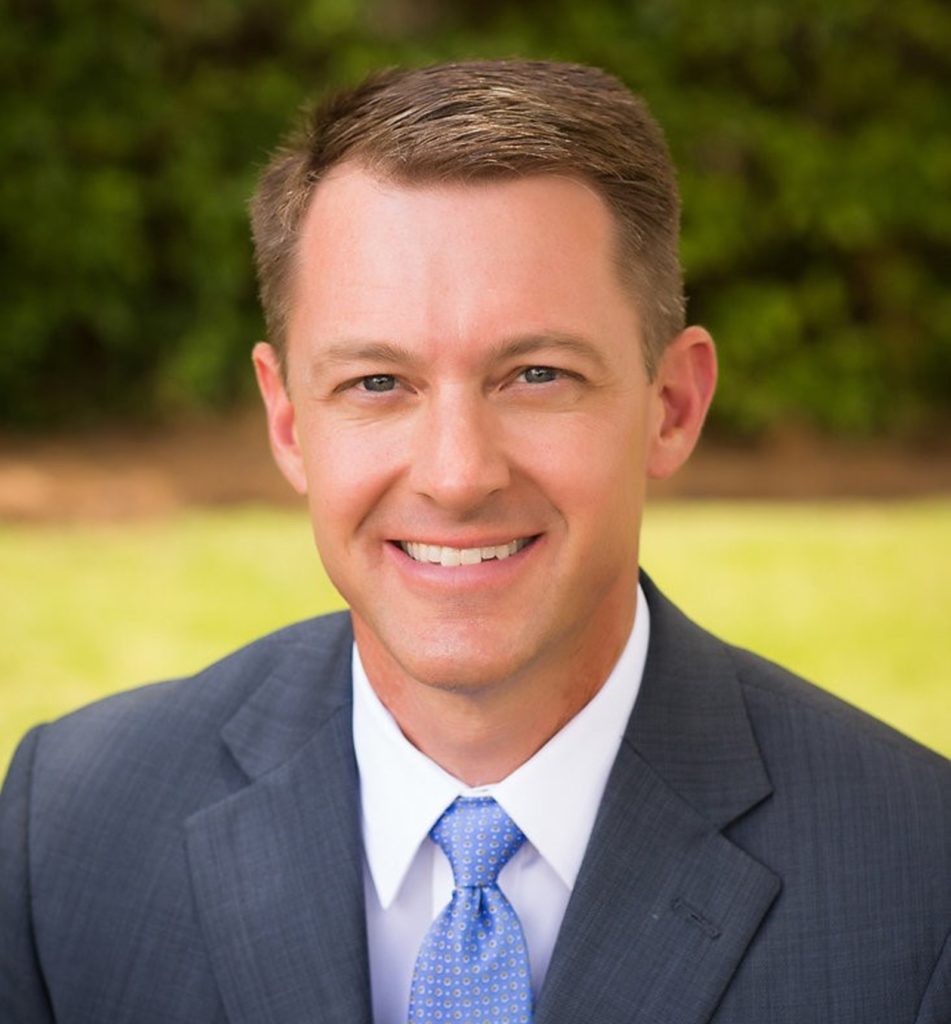
Rep. Wes Allen has launched new campaign radio ads for his run for Secretary of State. The ads focus on Allen’s record as a conservative Republican as both a Probate Judge and as a member of the Alabama House of Representatives. “I have already visited more than 50 counties and I will continue traveling the state to tell people about my campaign to be Alabama’s next Republican Secretary of State,” Allen stated. “These radio ads compliment the hard work we are doing to let Alabamians know what I stand for and that my goal is to protect the safety and security of our elections.” The radio ad states, “As a probate judge, Wes Allen administered more than a dozen elections without a single error. When liberals wanted to establish curbside voting in Alabama, Wes Allen sponsored and passed the bill to ban it – permanently. When Democrats tried to pass no-excuse absentee voting, he fought it and won. Wes Allen, the solid conservative Republican we need to be Alabama’s next Secretary of State.” Allen announced his candidacy in May 2021. Current Secretary of State John Merrill is vacating the position after next year because state law only allows him to serve two consecutive terms.
State officials warn of deer found with Chronic Wasting Disease in NW Alabama

The Florida Fish and Wildlife Conservation Commission announced it recently found Chronic Wasting Disease (CWD) in a hunter harvested deer in northwestern Alabama. This is the first case of CWD detected in Alabama’s deer herd and the first time it has been detected in a state that borders Florida. According to the report, CWD is a brain and central nervous disease that is always fatal to deer; it has not been detected in Florida. The disease causes altered behavior due to microscopic changes made to the brain of affected animals. An animal may carry the disease for years without outward indication. The FWC is asking for people who plan to hunt deer, elk, moose, caribou, or other members of the deer family outside of Florida to be vigilant in helping reduce the risk of CWD spreading into Florida. Chris Blankenship, Commissioner of the Alabama Department of Conservation and Natural Resources (ADCNR), stated, “CWD was first detected in Tennessee and Mississippi in 2018 and has been moving slowly toward Alabama. The Department has implemented multiple proactive regulations to combat the spread into Alabama. Compliance from the public on those measures helped delay the spread into the state for several years.” Additionally, Blankenship encouraged hunters to be aware of the zones they are hunting in so that the disease isn’t spread further. Transporting deer carcasses out of the management zone can potentially spread CWD to currently unaffected areas. There are new rules that took effect July 2021 that prohibit importing or possessing whole carcasses or high-risk parts of all species of the deer family originating from any place outside of Florida. Under the new rules people may only import into Florida: De-boned meat Finished taxidermy mounts Clean hides and antlers Skulls, skull caps, and teeth if all soft tissue has been removed The only exception to this rule is deer harvested from a property in Georgia or Alabama that is bisected by the Florida state line AND under the same ownership may be imported into Florida. Chuck Sykes, Director of ADCNR’s Wildlife and Freshwater Fisheries Division, stated, “The new regulation is intended to increase the opportunities for hunters to supply samples for CWD testing. We need hunters to continue to hunt and submit deer heads for testing. These additional samples will help us better determine the extent of the disease in this area.”
Alabama State Nurses Association seeking state funding to retain and recruit nurses
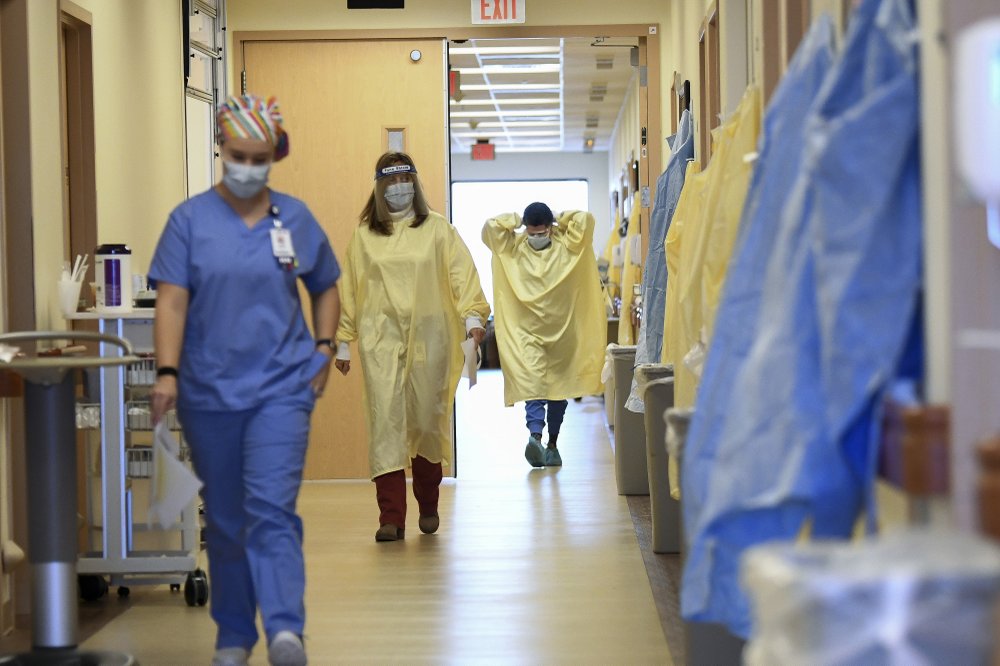
The Alabama State Nurses Association (ASNA) has asked the state legislature for financial assistance in response to Alabama’s nursing shortage, Yellowhammer News reported. ASNA is a nursing advocacy organization that aims to advocate for nurses in Alabama. The group is asking the legislature to allocate funding for retainment and recruitment of nursing state, arguing that nurses haven’t seen adequate funding from federal COVID-19 dollars. With turnover rates some of the highest in the nation, ASNA wants to address the lack of funding through the state government. In September, AL.com reported that a group of UAB nurses briefly refused to clock in for work in protest of long hours driven by the coronavirus pandemic and what they say is unfair pay. “The COVID pandemic and recent Delta variant surge have stressed the healthcare system and put tremendous pressure on our staff – including nurses on the front lines,” UAB Hospital Chief Nursing Officer Terri Poe said in a statement to AL.com. According to a recent NSI Nursing Solutions, Inc. report, turnover rates are the highest in the Southeast. Additionally, the RN vacancy rate is higher this year than in 2020, which directly impacts the quality of care and patient experience and leads to high labor costs. ASNA is also in talks with the Alabama Hospital Association and legislators to obtain funding. ASNA president Lindsey Harris told Yellowhammer News, “The main concern is that nurses have not received any [funding]. The nurses that we’re referring to are the nurses that have remained here in the state of Alabama, who remain loyal and consistent with their hospitals they’ve been working at prior to and throughout this pandemic. No state funding has gone toward that. State funding has gone toward hospitals; state funding has even gone toward travel nurses – which we have said many times that we definitely appreciate that because it really helps with the hospitals with some of the staffing. But we also understand that it doesn’t help essentially some of the long-term.” She continued, “When we think of the long-term, we think of the nurses who have been there who have remained in the state of Alabama, we think of recruiting nurses here in the state as well and keeping nurses. We felt like when we applied for some of the CARES Act funding; we felt like that was a way to help really support those nurses that are here and keep those nurses here in the state.” “Essentially, we want to do something like a retention bonus for those nurses,” said Harris. “We’ve come up with some ideas, but one the major things is possibly a retention bonus for the nurses who have remained here in the state throughout these trying times.”
Omicron explosion spurs nationwide breakdown of services
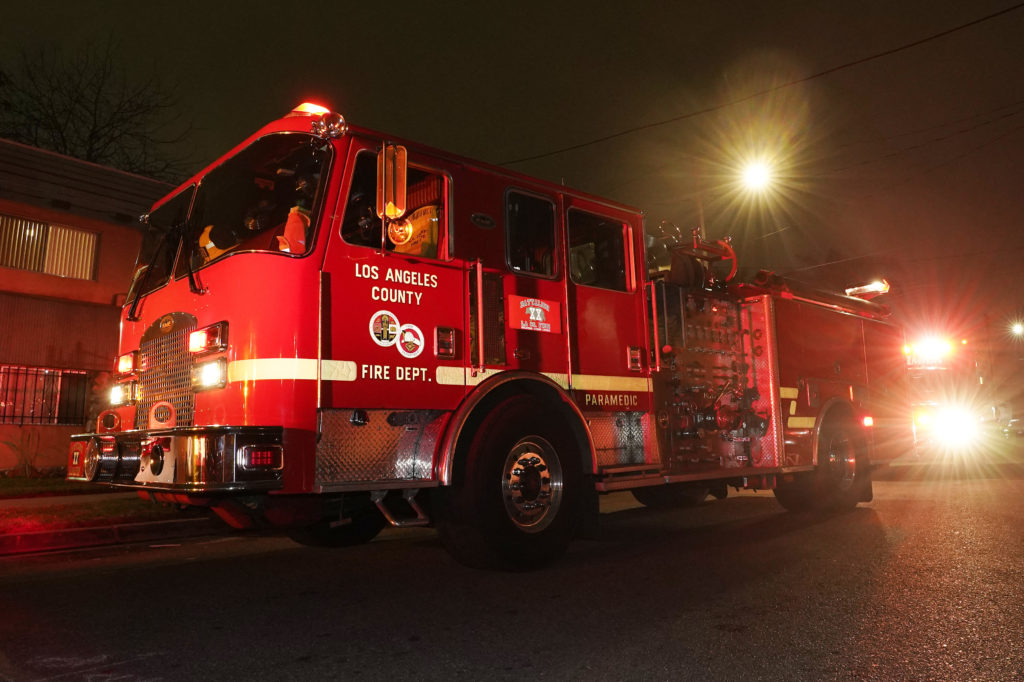
Ambulances in Kansas speed toward hospitals then suddenly change direction because hospitals are full. Employee shortages in New York City cause delays in trash and subway services and diminish the ranks of firefighters and emergency workers. Airport officials shut down security checkpoints at the biggest terminal in Phoenix, and schools across the nation struggle to find teachers for their classrooms. The current explosion of omicron-fueled coronavirus infections in the U.S. is causing a breakdown in basic functions and services — the latest illustration of how COVID-19 keeps upending life more than two years into the pandemic. “This really does, I think, remind everyone of when COVID-19 first appeared, and there were such major disruptions across every part of our normal life,” said Tom Cotter, director of emergency response and preparedness at the global health nonprofit Project HOPE. “And the unfortunate reality is, there’s no way of predicting what will happen next until we get our vaccination numbers — globally — up.” First responders, hospitals, schools, and government agencies have employed an all-hands-on-deck approach to keep the public safe, but they are worried how much longer they can keep it up. In Kansas’ Johnson County, paramedics are working 80 hours a week. Ambulances have frequently been forced to alter their course when the hospitals they’re heading to tell them they’re too overwhelmed to help, confusing the patients’ already anxious family members driving behind them. When the ambulances arrive at hospitals, some of their emergency patients end up in waiting rooms because there are no beds. Dr. Steve Stites, chief medical officer for the University of Kansas Hospital, said when the leader of a rural hospital had no place to send its dialysis patients this week, the hospital’s staff consulted a textbook and “tried to put in some catheters and figure out how to do it.” Medical facilities have been hit by a “double whammy,” he said. The number of COVID-19 patients at the University of Kansas Hospital rose from 40 on Dec. 1 to 139 on Friday. At the same time, more than 900 employees have been sickened with COVID-19 or are awaiting test results — 7% of the hospital’s 13,500-person workforce. “What my hope is and what we’re going to cross our fingers around is that as it peaks … maybe it’ll have the same rapid fall we saw in South Africa,” Stites said, referring to the swiftness with which the number of cases fell in that country. “We don’t know that. That’s just hope.” The omicron variant spreads even more easily than other coronavirus strains and has already become dominant in many countries. It also more readily infects those who have been vaccinated or had previously been infected by prior versions of the virus. However, early studies show omicron is less likely to cause severe illness than the previous delta variant, and vaccination and a booster still offer strong protection from serious illness, hospitalization, and death. Still, its easy transmissibility has led to skyrocketing cases in the U.S., which is affecting businesses, government offices, and public services alike. In downtown Boise, Idaho, customers were queued up outside a pharmacy before it opened Friday morning, and before long, the line wound throughout the large drugstore. Pharmacies have been slammed by staffing shortages, either because employees are out sick or have left altogether. Pharmacy technician Anecia Mascorro said that prior to the pandemic, the Sav-On Pharmacy where she works always had prescriptions ready for the next day. Now, it’s taking a lot longer to fill the hundreds of orders that are pouring in. “The demand is crazy — everybody’s not getting their scripts fast enough, so they keep transferring to us,” Mascorro said. In Los Angeles, more than 800 police and fire personnel were sidelined because of the virus as of Thursday, causing slightly longer ambulance and fire response times. In New York City, officials have had to delay or scale back trash and subway services because of a virus-fueled staffing hemorrhage. The Metropolitan Transportation Authority said about one-fifth of subway operators and conductors — 1,300 people — have been absent in recent days. Almost one-fourth of the city sanitation department’s workers were out sick Thursday, Sanitation Commissioner Edward Grayson said. “Everybody’s working ’round the clock, 12-hour shifts,” Grayson said. The city’s fire department also has adjusted for higher absences. Officials said Thursday that 28% of EMS workers were out sick, compared with about 8% to 10% on a normal day. Twice as many firefighters as usual were also absent. In contrast, the police department saw its sick rate fall over the past week, officials said. At Phoenix Sky Harbor International Airport, two checkpoints at the airport’s busiest terminal were shut down because not enough Transportation Security Administration agents showed up for work, according to statements from airport and TSA officials. Meanwhile, schools from coast to coast tried to maintain in-person instruction despite massive teacher absences. In Chicago, a tense standoff between the school district and teachers union over remote learning and COVID-19 safety protocols led to classes being canceled over the past three days. In San Francisco, nearly 900 educators and aides called in sick Thursday. In Hawaii, where public schools are under one statewide district, 1,600 teachers and staff were absent Wednesday because of illness or pre-arranged vacation or leave. The state’s teachers union criticized education officials for not better preparing for the ensuing void. Osa Tui Jr., head of the Hawaii State Teachers Association, said counselors and security guards were being pulled to go “babysit a classroom.” “That is very inappropriate,” Tui said at a news conference. “To have this model where there are so many teachers out and for the department to say, ‘Send your kid’ to a classroom that doesn’t have a teacher, what’s the point of that?” In New Haven, Connecticut, where hundreds of teachers have been out each day this week, administrators have helped to cover classrooms. Some teachers say they appreciate that, but that it can be confusing for students, adding to the
Rae Ann Meyer named new associate director at NASA center in Alabama

A longtime employee of the nation’s space agency has been named associate director of NASA’s Marshall Space Flight Center. Rae Ann Meyer, who began as an engineer in Marshall’s propulsion laboratory in 1989, will help manage the center’s 7,000 civil service and contract employees while overseeing development of the center’s business operations, a NASA statement said. She also will guide daily business decisions and supervise operational policy and processes. A native of Chattanooga, Tennessee, Meyer most recently worked as deputy manager of Marshall’s Science and Technology Office, a position she has held since 2019 managing a workforce of about 300 people. In the new role, Meyer will have responsibility across a range of areas including human spaceflight, science, and technology, the agency said. Republished with the permission of the Associated Press.
Special session possible on relief fund spending

Alabama lawmakers say there may be a special session on how to spend the state’s remaining pandemic relief funds. Key lawmakers said there are discussions with the governor’s office on calling a special session in which lawmakers would focus only on the relief money allocation during a portion of the upcoming regular session that begins Tuesday. A spokesperson for Gov. Kay Ivey said the governor “wants this to be an early priority for the Legislature.” “She has stressed time and again that we need to invest this one-time money, not just casually spend it. Governor Ivey will continue having conversations with the Legislature, who is ultimately tasked with allocating these funds. The sooner these dollars reach the people of our state, the better,” Gina Maiola said via text message. Congress allocated $2.12 billion for Alabama through the American Rescue Plan. The state received the first half in June and has $580 million remaining after steering $80 million to hospitals and nursing homes and $400 million on a controversial prison construction plan. The state will receive a second $1.060 billion in May or June of this coming year. The state also has $191 million allocated through the America Rescue Plan’s Capital Projects Fund. State House Ways and Means General Fund Chairman Steve Clouse, R-Ozark, has said he expects lawmakers will allocate the $580 million this session and leave decisions on the $1 billion — which the state won’t receive until after the session is concluded — until a later time. Clouse said he supported the idea of a special session to isolate the issue and to get money flowing for infrastructure projects. “We need to go ahead and get the money in the pipeline because it’s going to be hard to get these projects completed in a timely manner over the next few years,” Clouse said. House Minority Leader Anthony Daniels said he also supports the idea. “It probably should be isolated by itself, so we are only focused on that. I can see the point for having a special within the regular session to isolate how, and what, to spend those COVID dollars on,” Daniels, D-Huntsville, said. Republished with the permission of the Associated Press.

